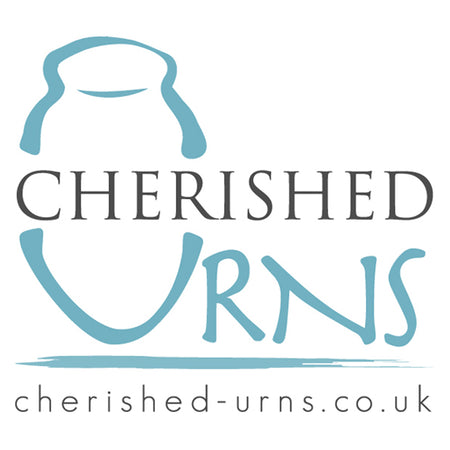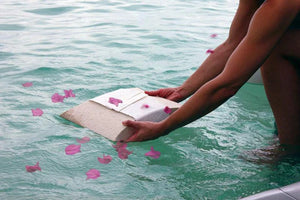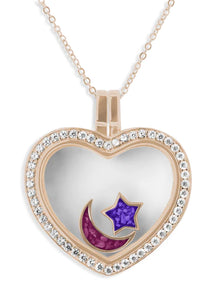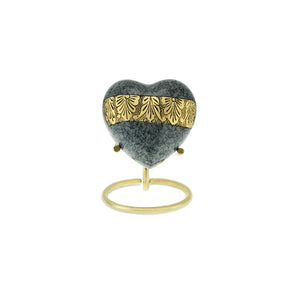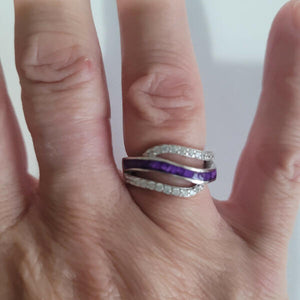After-death checklist of things to do -part 1

After-death checklist of things to do -part 1 by Kristina Kennedy-Aguero
An after-death checklist can help you to complete all the legal and social requirements when someone dies. The grief experienced after losing a family member or friend can make it difficult to deal correctly with the matter. Often, the strong emotions felt at this sad moment can make it hard to concentrate and make decisions. This three-part after-death checklist takes you through the steps that you need to follow and can help you through this difficult period.
Things to do immediately after the death
When a person dies in a nursing home or hospital the staff normally take care of the immediate tasks. However, when someone dies at home you will have to follow the required process. There is a surprising amount of paperwork that must be done and this after-death checklist will take you through each step.
- Request a medical certificate -immediately after the death you must call the person's GP. They will come to your home, examine the person and issue the medical certificate stating the cause of death. This is free of charge. If there is a coroner's inquest, the death certificate may be issued at a later time.
- Register the death-you must do this within five days in England, Wales and Northern Ireland, and within eight days in Scotland. Where the deceased was living at the time of their death determines where you need to register their death.
In England and Wales, it's at The Register Office
For Northern Ireland, you must register the death at The District Registration Office
In Scotland, you must do it at The Registrar of Births, Deaths, and Marriages
There is no charge to register the death. However, the certificate costs £11 in England and Wales, £12 in Scotland, and £15 in Northern Ireland. It is a good idea to request extra copies of the certificate at this time. You will need several copies, and ordering them later will be more expensive.
After-death checklist of what you need to register the death
To register the death you will need to provide the following information:
- The full name of the deceased and any previous names they may have used
- Their date and place of birth
- The occupation of the deceased
- Their last address
- The full name, birth date, and occupation of any surviving or late spouse or civil partner
- A medical certificate stating the cause of death
If you have access to other documentation of the deceased you can also include a:
- Birth certificate
- Certificate of marriage or civil partnership
- Their National Insurance number
- An NHS medical card
- A utility bill as proof of address
- Their passport or driver's license
You must also be sure to take your own identification, ideally your passport or driving licence.
